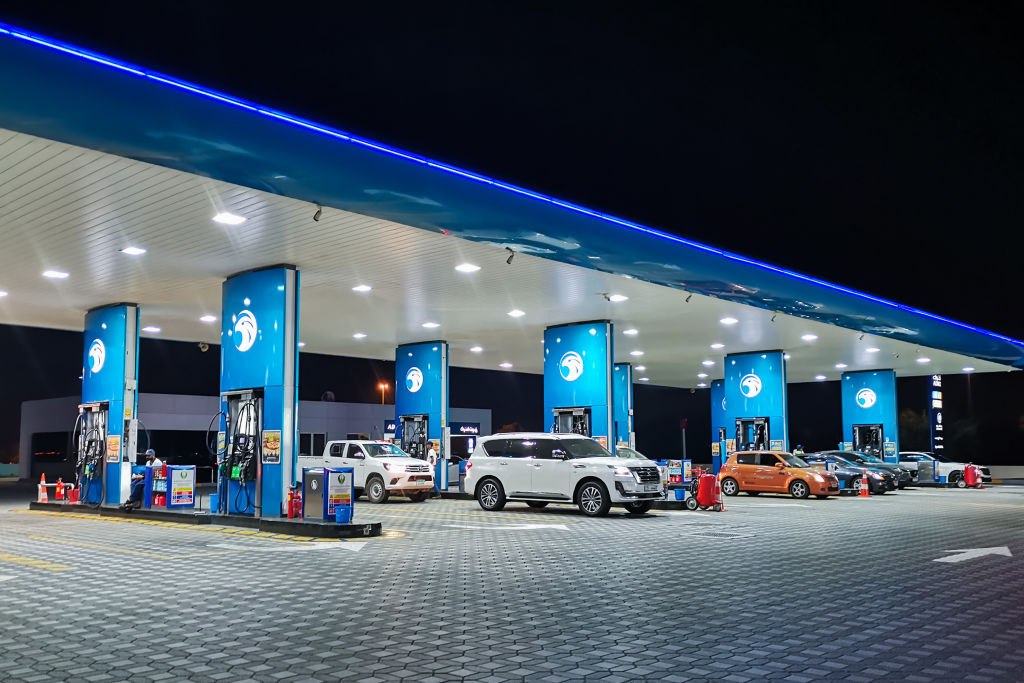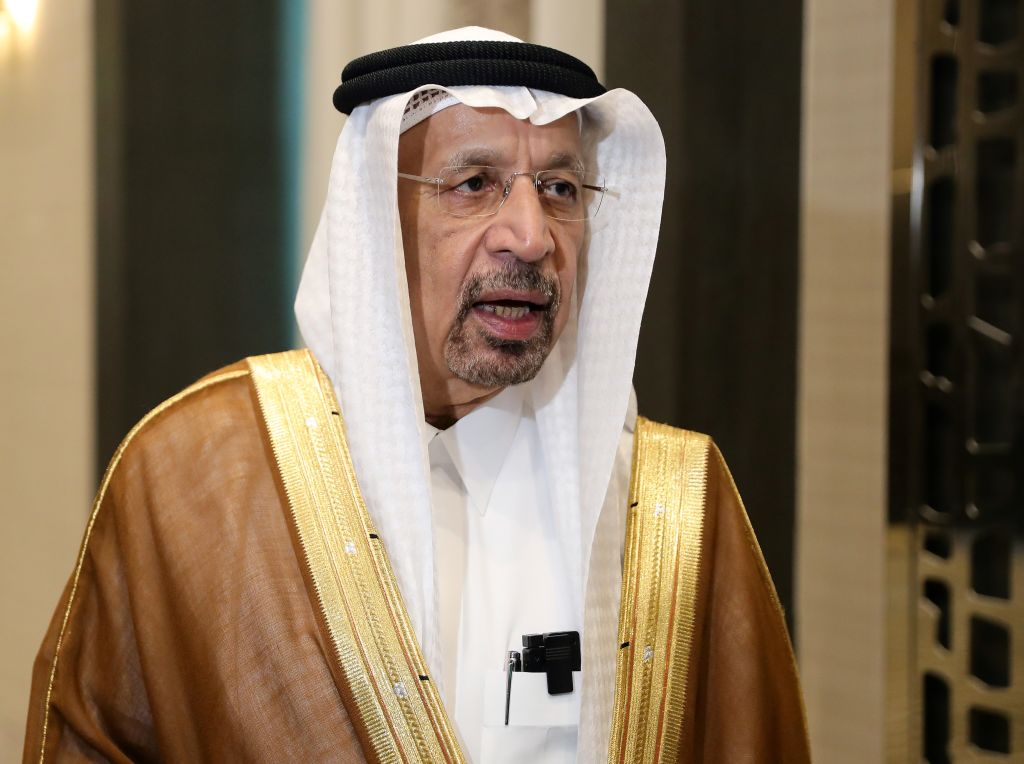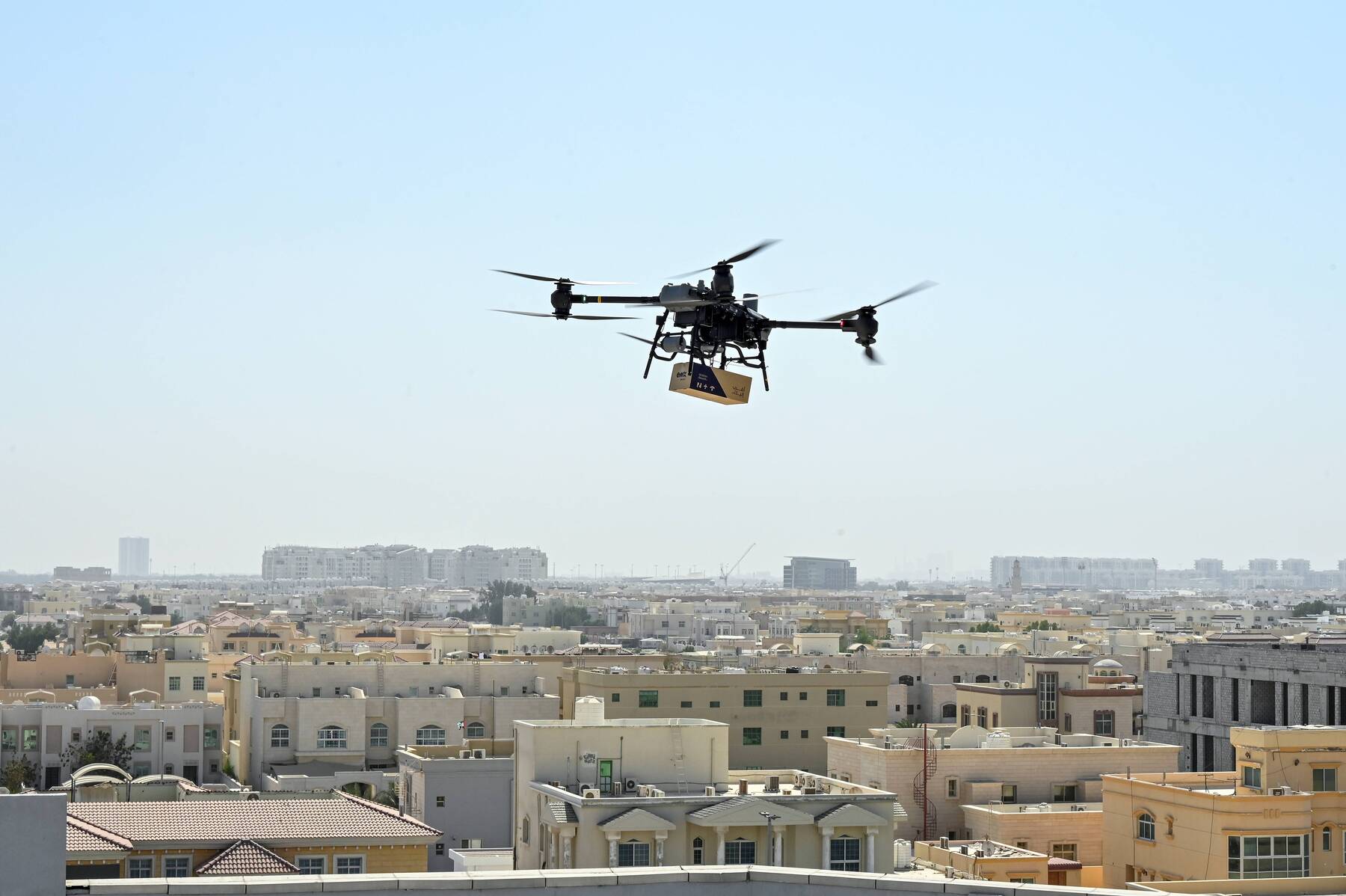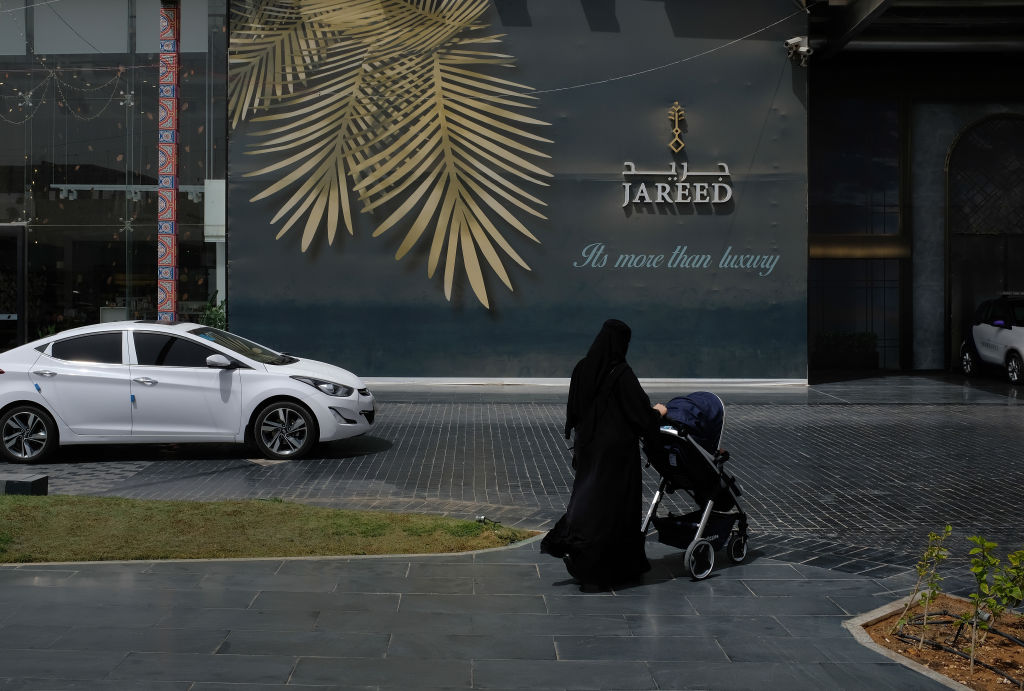Ninja joins several other emerging Saudi companies that have reached 'unicorn status,' including fintech companies Tamara and Tabby
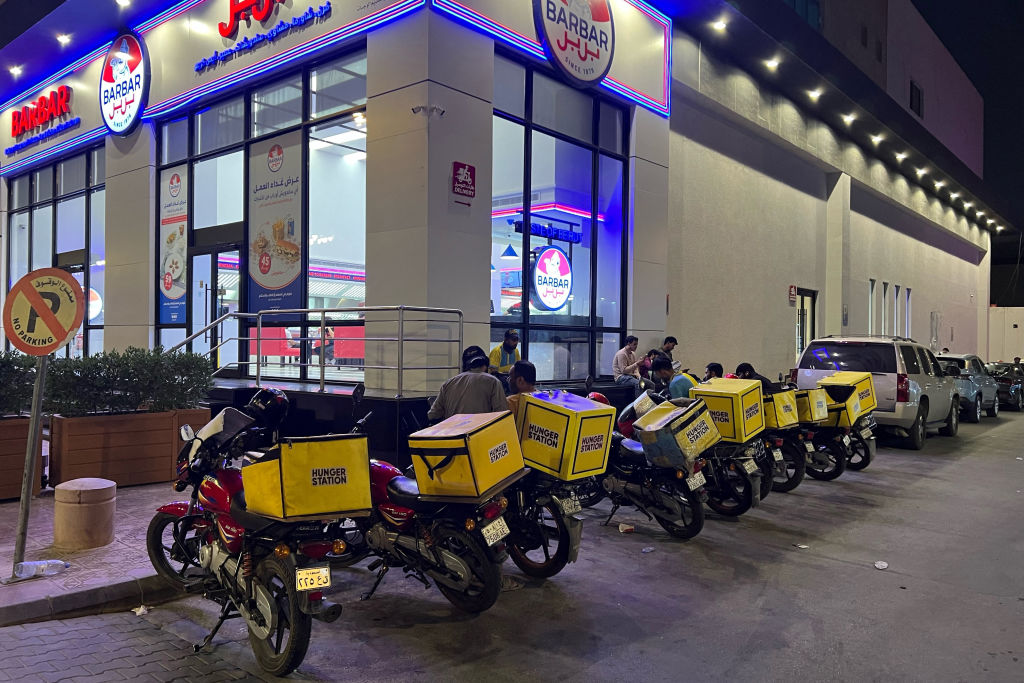
HAITHAM EL-TABEI/AFP via Getty Images
Delivery motorcycles parked outside an air-conditioned bus station in northern Riyadh
Delivery firm Ninja is Saudi Arabia’s newest tech unicorn, reaching a valuation of $1.5 billion after it raised $250 million from local investors.
The funding round was led by Riyad Capital, the investment banking arm of PIF-backed Riyad Bank, the kingdom’s third biggest lender by assets, Bloomberg reports.
Ninja, which was founded in 2022, offers rapid delivery of food and groceries in Saudi, Qatar, Kuwait and Bahrain. It is targeting an IPO by 2027, according to Bloomberg.
Startups in Saudi raised nearly $400 million in the first quarter of this year, highlighting the kingdom’s growing venture capital scene.
Ninja joins several other Saudi start-ups with so-called “unicorn” valuations over $1 billion, including fintech companies Tamara and Tabby.
Meanwhile, Qatar has moved to regulate commercial licenses for its cloud kitchens, the hidden production facilities used by many restaurant brands for booming home delivery services.


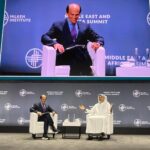

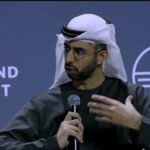
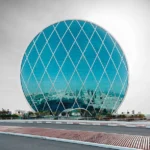

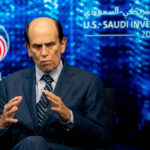













 Add The Circuit on Google
Add The Circuit on Google